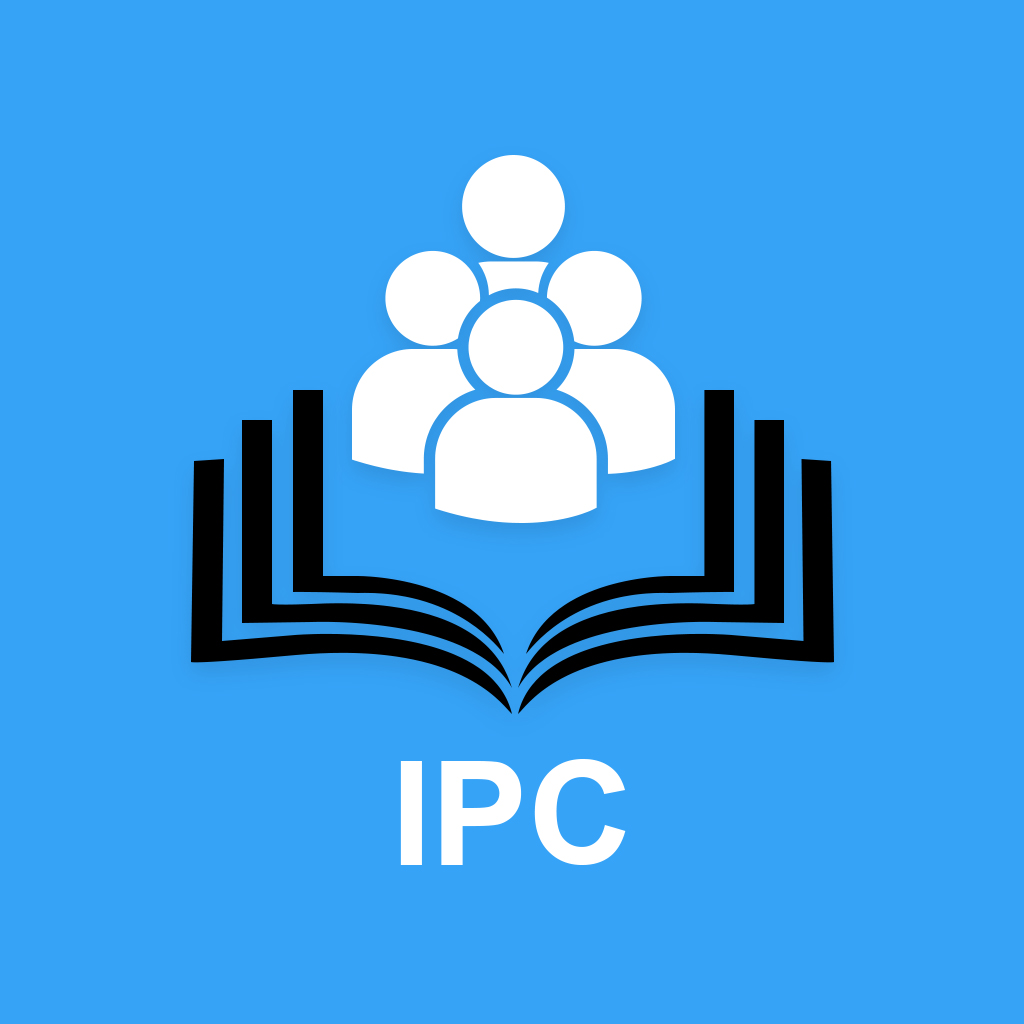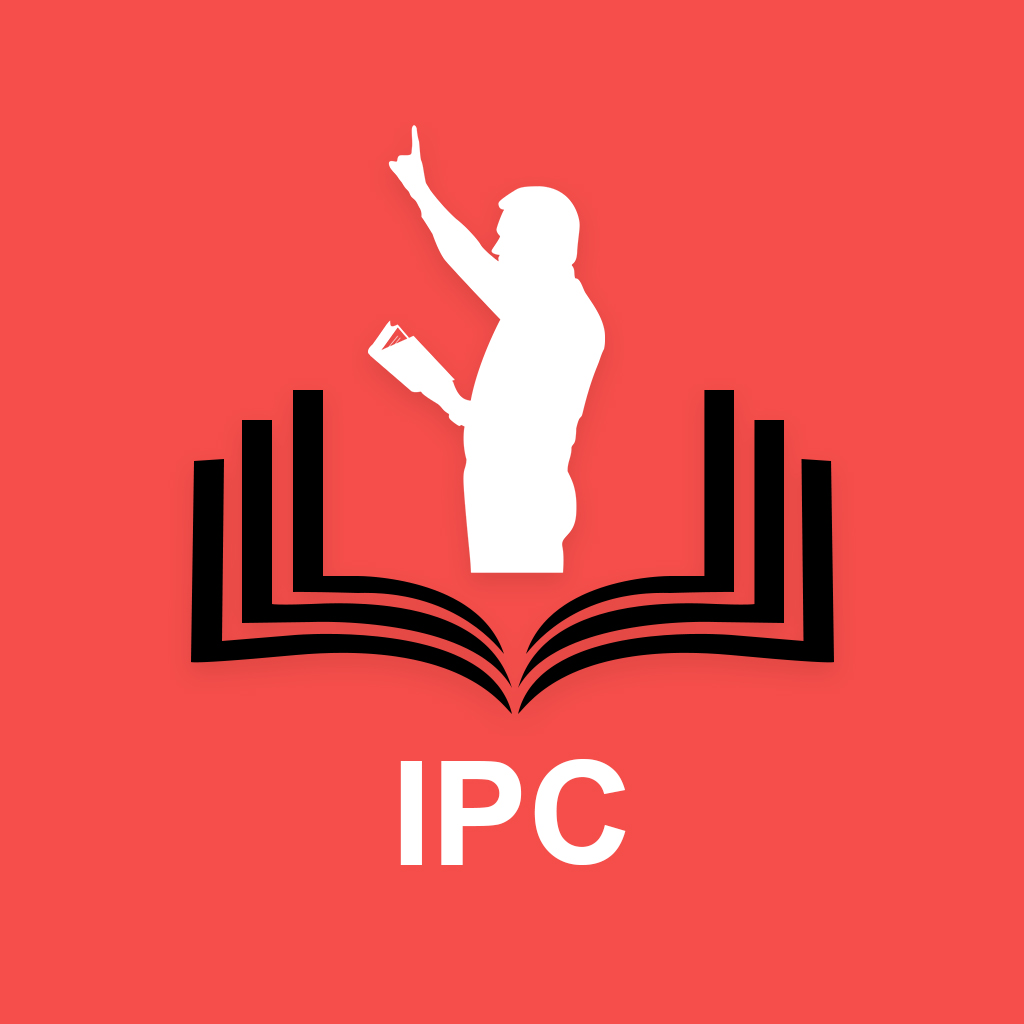Introduction:
Christianity in India has a history tracing back to 1st Century. Presently, several millions in India belong to various Christian denominations. In the beginning of the 20th century, a spiritual awakening touched the traditional Christians mainly through the public preaching of the Word of God. Number of 'Prayer Fellowships' sprang up simultaneously in many villages of Travancore in short span and experienced a spiritual revival filled with the Holy Spirit.
Pioneers of IPC:
In 1923, a young school teacher from Mulakuzha, K. E. Abraham, experienced the touch and power of the Holy Spirit and began to speak in tongues. His contemporaries P.M. Samuel (Keekozhoor), K.C. Cherian (Kidanganoor), P.T. Chacko, K.C. Oommen (Kodumthara), P T Mathew, V.V. Thomas, T.K. Mathew, and a few others received the same experience in different prayer fellowships.
The Chief Architect of IPC was Pastor K.E. Abraham, who came out from the Jacobite tradition over theological differences. He turned to be a charismatic speaker, teacher and writer. God used Pastor K.E. Abraham to form a Pentecostal Church and named it as South India Pentecostal Church of God (SIPC) . Later as the churches began to grow in other states of India, it was renamed as the Indian Pentecostal Church of God in 1935.
Fundamental Belief:
The Holy Bible consisting of sixty- six (66) books including the Old and New Testament, is the inspired Word of God, a revelation from God to Man, concerning the will of God in all things necessary to our faith, conduct and salvation. The Bible as the authoritative revealed will of God, the all sufficient rule for faith and practice.
Kumbanad Convention:
The first convention of the fellowship of churches under Pastor K.E. Abraham was held in 1924 at Ranny. In the subsequent years, the annual convention of the Church were conducted at Kumbanad and was known popularly as the Kumbanad Convention. IPC General Convention (Kumbanad Convention) is held every year at IPC Headquarters and it is the largest Pentecostal gathering in India. The IPC General Convention is usually held in the month of January.
Registration:
In 1935 Pastor K.E. Abraham, Pastor P.M. Samuel and Pastor P.T. Chacko met at Eluru, Andhra Pradesh and registered ‘The Indian Pentecostal Church of God’ under the Societies Registration Act before the District Registrar, Eluru.
Administration:
IPC is both ecclasiastical and democratical organization. IPC is governed by its own Memorandum of Association and Constitution (Revised 2022).
General Council and General Presbytery:
IPC General Council serves as the general managing body of the organization. It is elected by the IPC General Body once in four years. . The Spiritual administration of the church is carried out by the General Presbytery and it serves as the appellate authority in all matters of the Church. All State/Regions/Mission Centers of IPC are governed under the authority of General Council. The Key members of the organization consist of General President, General Vice President, General Secretary, General Joint Secretary and General Treasurer known as IPC General Executives.
State/Region:
The Church is divided into states in India and Regions outside India for the expansion of the ministry. The management of a State/Region is carried out by the State / Region Council, whose members consist of ministers and Believers, elected by the State/Region every fourth year. The Key members of the State/ Region consist of President, Vice President, Secretary, Joint Secretary and Treasurer known as IPC State Executives.
District/Centre:
Each state divided into District/ Centers. More than 15 local churches and not less than 300 believers form a Centre. The administration and management of a District of IPC is conducted by a District Council elected by the general body of that District.
The Local Church & Council:
A congregation having 21 or more baptized members accepting the doctrine of the Bible as specified in the Article of Faith of this constitution and who abide by all other Articles of the constitution is a local church of IPC. The management of a local church is carried out by the Council of elders elected by the General Body of that local church. The local church council have a president who is the pastor of that church, a secretary and a treasurer elected from among the believers.
General Body:
The IPC General body consists of the credential holding ministers of IPC and representatives elected by the members of the local churches.
Daughter Organisations:
Youth Organisation - Pentecostal Young People Association (PYPA) is the youth movement for training the youngsters in the spiritual activities for evangelism and church growth.
Women Fellowship - Women Fellowship (Sodari Samajam) is the platform for sisters to foster their spiritual activities among sisters.
Sunday School - Ministry among children to equip them systematically in God’s word and providing spiritually nourishment.
International Head Quarters:
The Headquarters Campus of IPC is at Hebronpuram, Kumbanad where the Central Working Office also known as IPC General Council Office situates. In the Headquarters Campus, a dedicated prayer team continuously pray in the designated Prayer Chamber. IPC Auditorium and a Food Court also situates in the campus.
Growth & Development:
IPC made a remarkable progress in forming several thousands of local churches and spreading the gospel to different parts of Kerala as well as other states of India and abroad. Today IPC is the main stream Pentecostal church in India. It has made tremendous presence all over India, besides several countries including Middle East, United States of America, UK, Ireland, Australia, Canada, etc.
The church has grown to establish local congregations in about 12,000 units around the world. IPC General Council manages the entire organization and State/ Region Councils administer concerned areas. For the furtherance of mission and development IPC has Mission Centers and Mission Areas established.
IPC General Presidents:
Pastor P.M. Samuel and P.T. Chacko served as the First President and Secretary of IPC respectively for the year 1935-1936. Pastor K. E .Abraham served as the IPC General President from 1936 until his promotion to glory. Thereafter, Pastor P.M. Samuel, Pastor T.G. Oommen, Pastor P.L. Paramjyothi, Pastor K.M. Joseph, Pastor T.S. Abraham, Pastor K.C. John, Pastor Jacob John served as the General President of IPC. Presently Pastor T. Valson Abraham serves as the IPC General President from 2019.
IPC General Executives: 2023-2027
General President – Pr. T. Valson Abraham
General Vice - President – Pr. Dr. Philip P. Thomas
General Secretary – Pr. Dr. Baby Varghese
General Joint Secretary - Pr. Thomas George
General Joint Secretary (Believers) - Dr. Kachanath Varkey Abraham
General Treasurer – Dr. John Joseph




